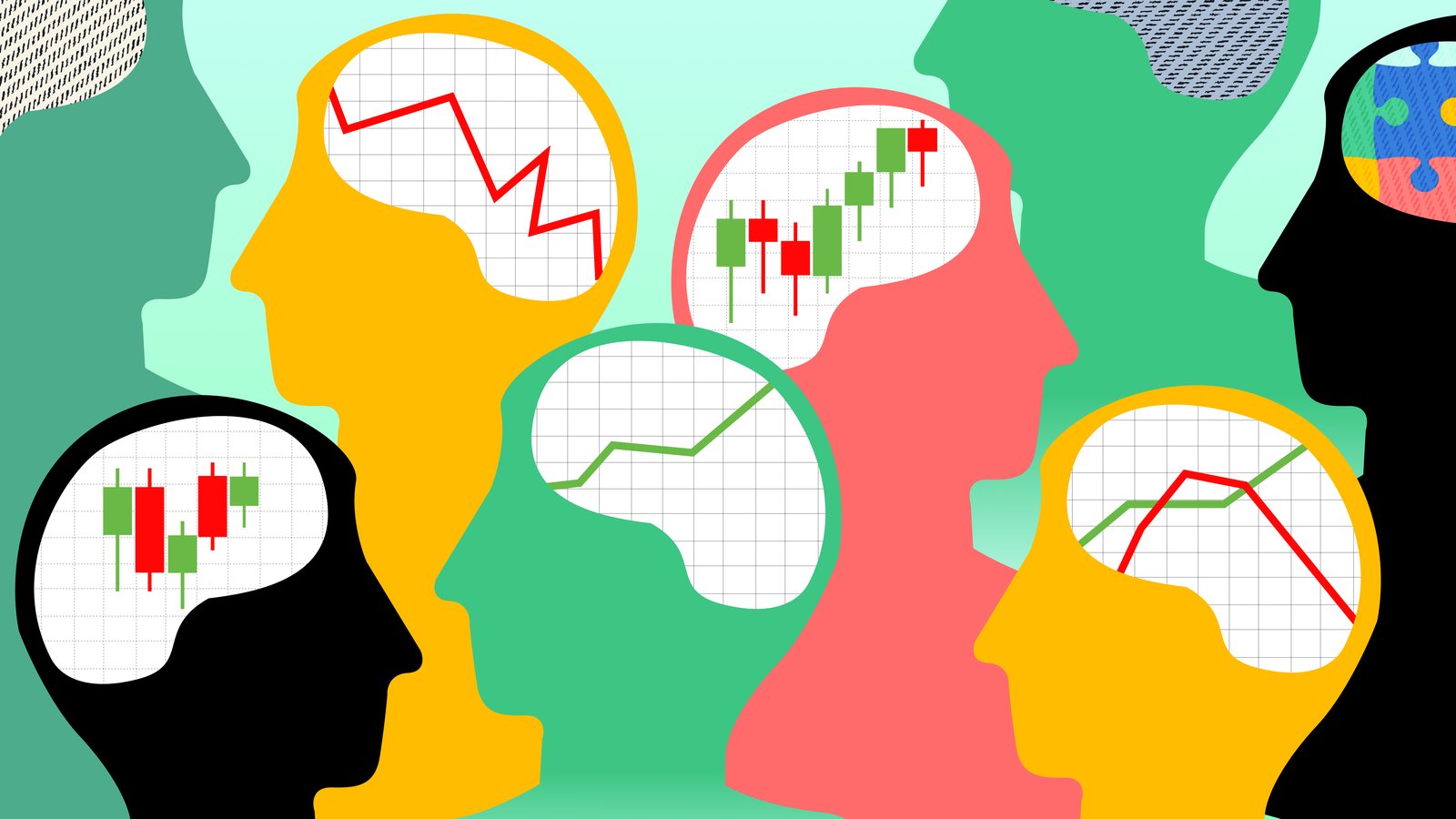Behavioral finance is a field that explores how psychological factors influence financial decisions and market outcomes. When it comes to trading, understanding the psychology behind it is crucial because traders often make decisions based on emotions, biases, and cognitive errors rather than purely rational calculations.
Here are some key psychological factors at play in trading:
Overconfidence: Many traders exhibit overconfidence in their abilities to predict market movements or pick winning stocks. This can lead to excessive risk-taking and poor decision-making.
Loss Aversion: Traders are often more sensitive to losses than gains, a phenomenon known as loss aversion. This can result in traders holding onto losing positions for too long in the hope that they will recover, leading to larger losses.
Herding Behavior: Traders tend to follow the crowd, especially during periods of market euphoria or panic. This herd mentality can amplify market trends and lead to asset bubbles or crashes.
Anchoring: Traders often anchor their decisions to irrelevant or outdated information. For example, they might fixate on a stock’s previous high price as a reference point for its future performance.
Confirmation Bias: Traders seek out information that confirms their existing beliefs while ignoring contradictory evidence. This can lead to a skewed perception of the market and missed opportunities.
Mental Accounting: Traders may mentally segregate their investments into different categories (e.g., retirement savings, speculative trades) and make inconsistent decisions based on these categories rather than an overall investment strategy.
Fear and Greed: Emotions like fear and greed can drive trading decisions. Fear of missing out (FOMO) may lead to impulsive buying, while fear of losses can result in premature selling.
Understanding these psychological biases can help traders make more rational and disciplined decisions. Techniques such as mindfulness, cognitive reframing, and systematic risk management can mitigate the impact of these biases on trading behavior. Moreover, creating and adhering to a well-defined trading plan can help traders stay focused and avoid impulsive decisions driven by emotions.












+ There are no comments
Add yours